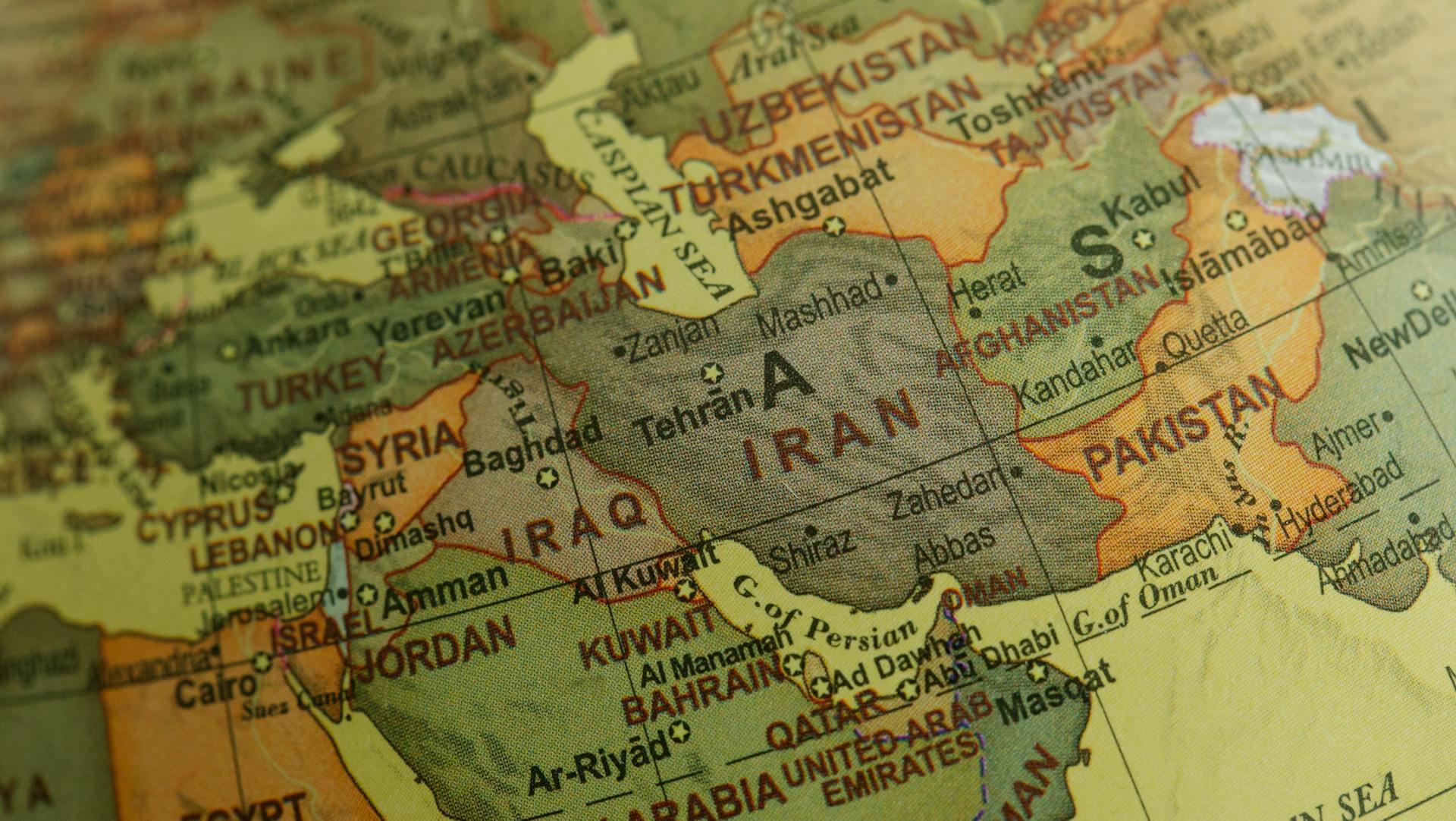The United Kingdom, France, and Germany have begun the process to reinstate United Nations sanctions on Iran over its nuclear program.
After 30 days, these ‘snapback’ sanctions will freeze Iranian assets held abroad and end arms deals with Iran, as well as penalise further nuclear development. The UK, France, and Germany said earlier this month that they would reinstate the sanctions if Iran did not agree to limits on its nuclear program by the end of August.
“We have formally notified the U.N. Security Council of Iran's significant failure to comply with its commitments under the Joint Comprehensive Plan of Action, and have initiated the so-called ‘snapback' procedure. Iran's nuclear escalation must not go any further,” wrote French foreign minister Jean-Noël Barrot.
“This measure does not signal the end of diplomacy: we are determined to use the 30-day period that is opening to dialogue with Iran. We remain committed to diplomacy to ensure that Iran never acquires a nuclear weapon.”
Iran “categorically rejects and strongly condemns” the effort to reinstate the sanctions, according to the country’s foreign ministry, saying these measures would undermine its cooperation with the U.N.’s International Atomic Energy Agency (IAEA). “This provocative and unnecessary escalation will be met with appropriate responses,” Iran said.
The UK, France, and Germany submitted a letter to the U.N. Security Council to trigger the snapback sanctions process. France and the UK also reportedly requested closed Security Council meetings on Iran’s lack of compliance.
In 2015, Iran agreed to limit its nuclear program through the Joint Comprehensive Plan of Action (JCPOA), a pact with the U.K., France, Germany, the United States, Russia, and China. The pact allows the U.N. Security Council to reinstate sanctions the JCPOA had lifted if Iran does not comply with these limits.
While the U.S. left the JCPOA in 2018, negotiations between Iran and the U.S. to limit Iran’s nuclear program have stalled since the U.S. and Israel bombed several Iranian nuclear sites in June. Iran also halted IAEA inspections after these airstrikes, though inspectors returned to Iran this week.
The Security Council will vote within 30 days on whether Iran’s relief from sanctions will continue. Unless member nations cast at least nine votes in favour and do not veto the resolution, the snapback sanctions will return.
The IAEA said in February that Iran was enriching uranium to up to 60% purity, nearing the 90% required for weapons-grade uranium. Iran has denied any plans to build nuclear weapons.
Related content



